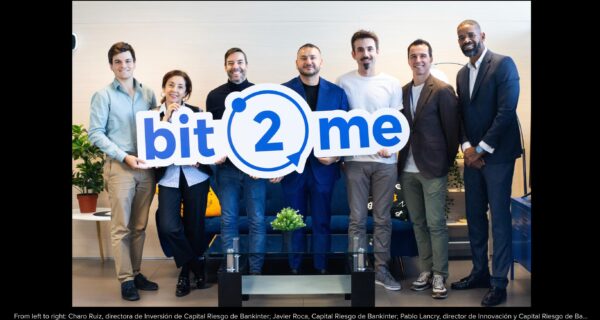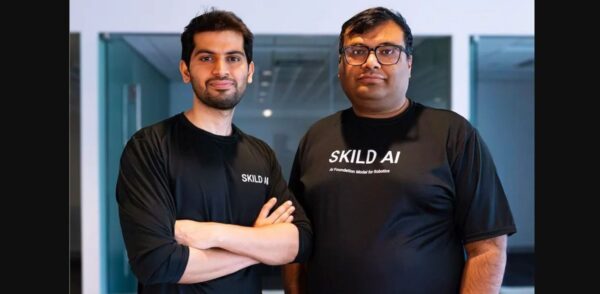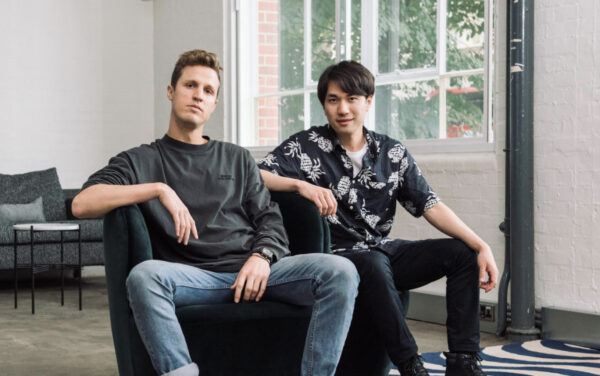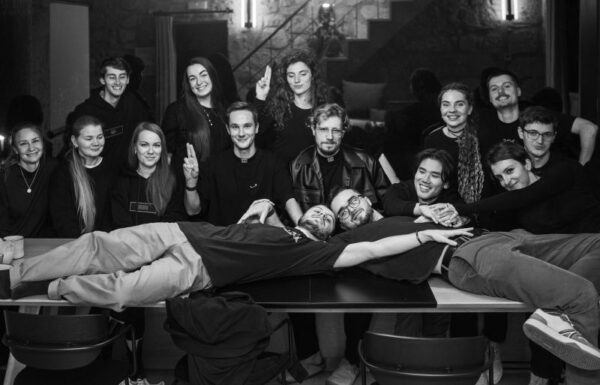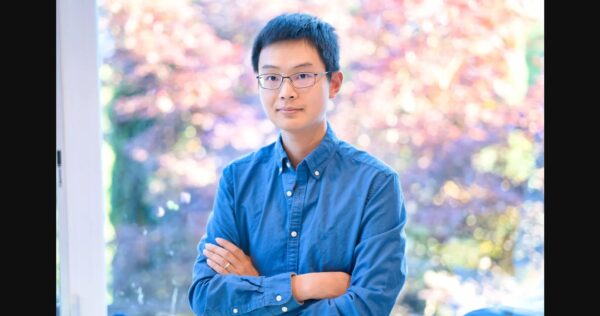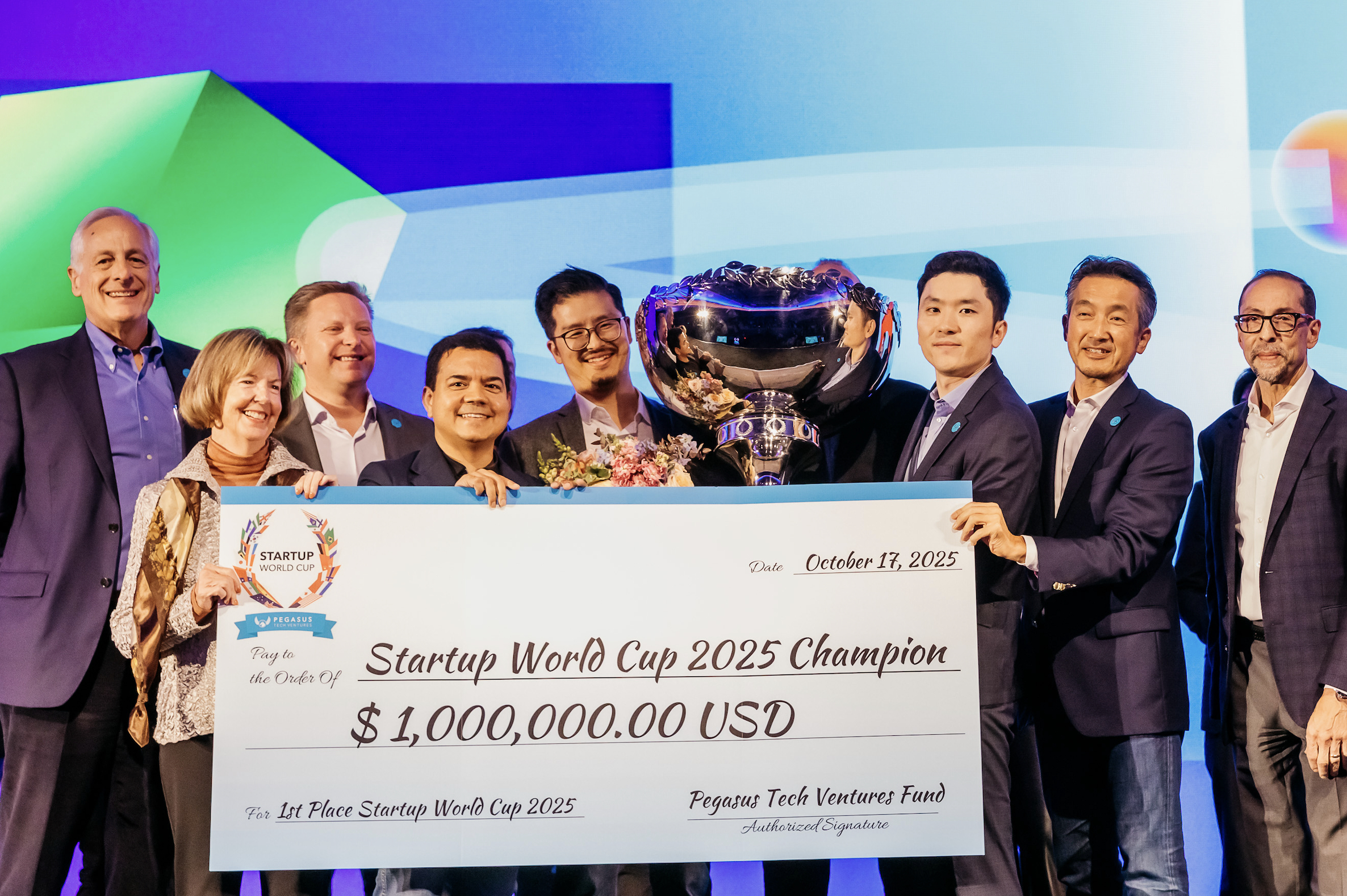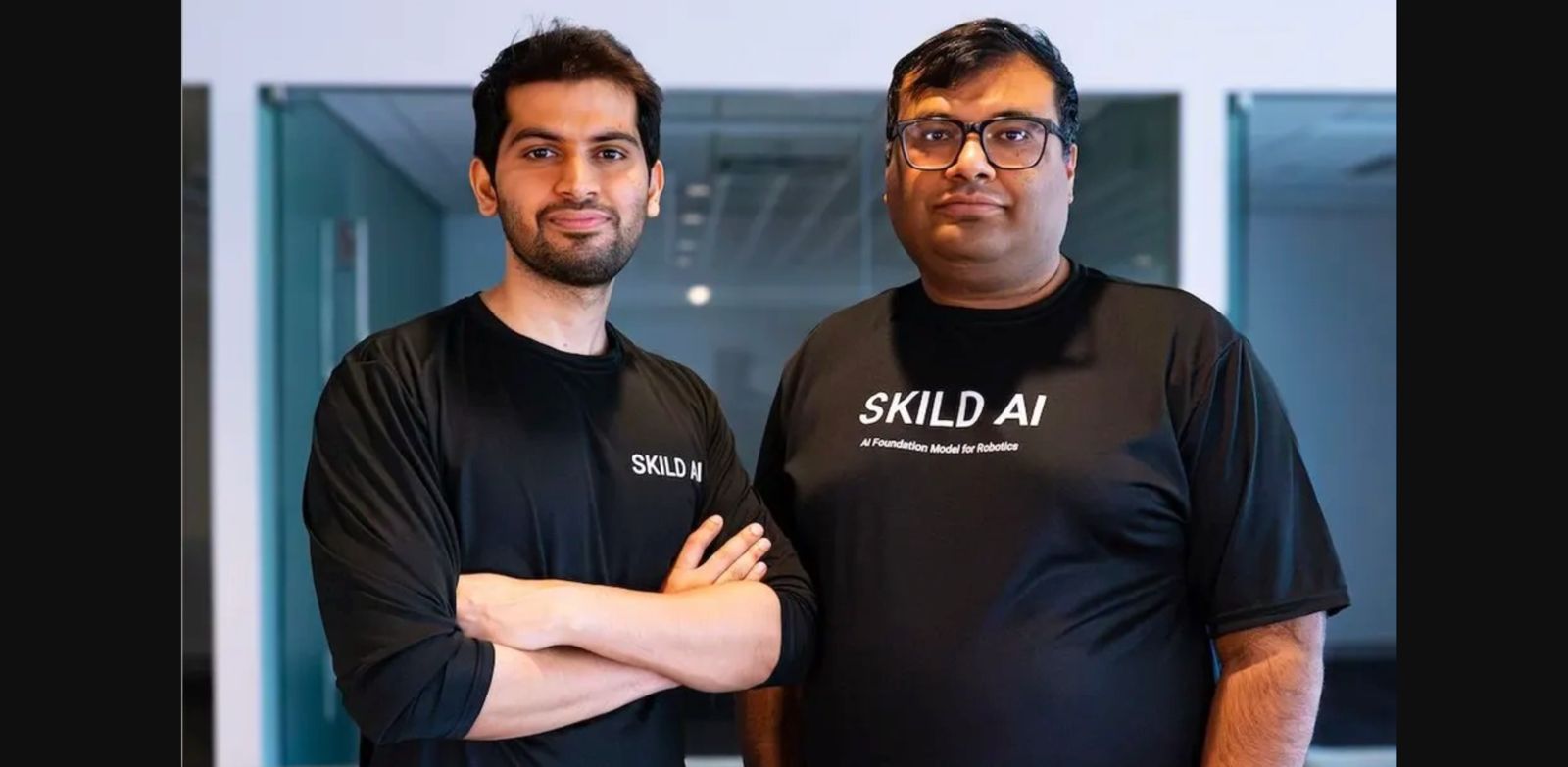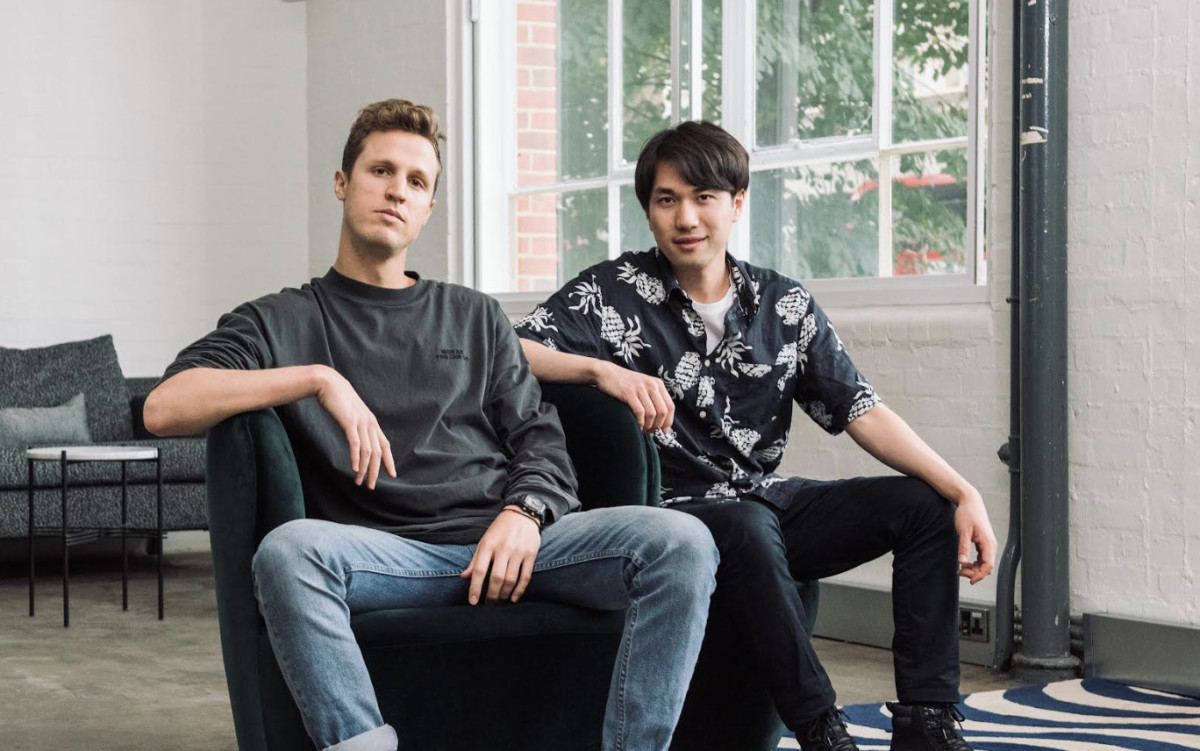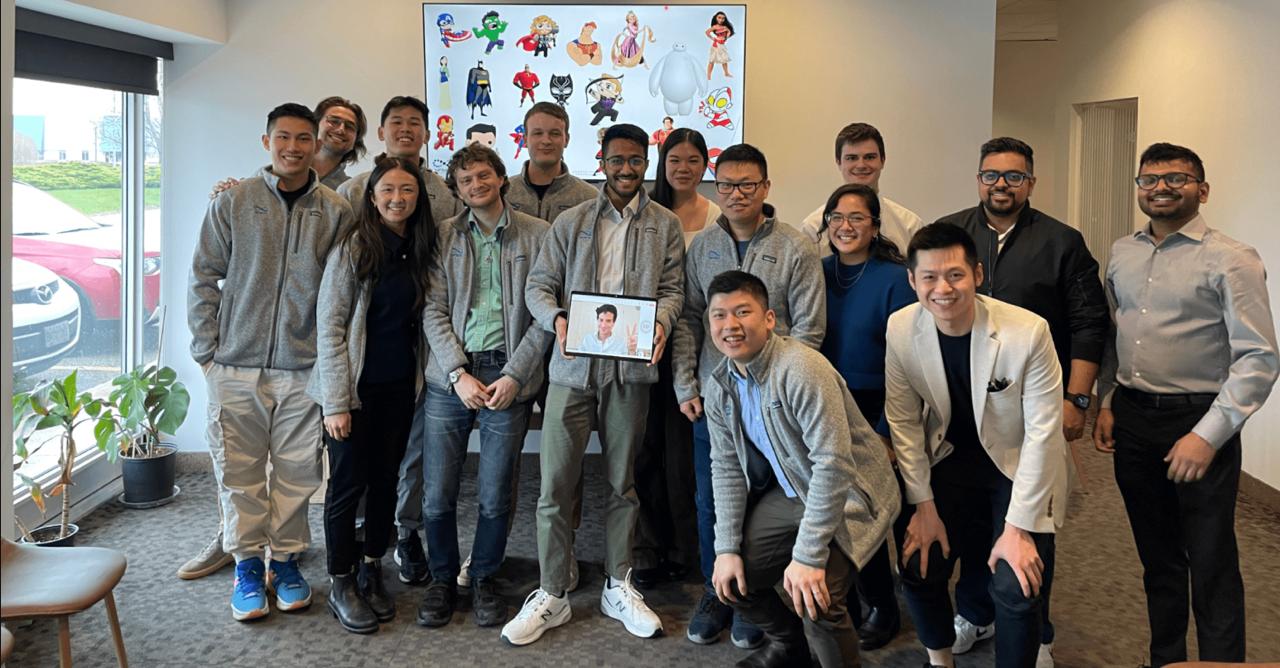The global spotlight turned to San Francisco on October 17, 2025, as ten startup finalists—filtered from thousands across dozens of countries—pitched before a sharp-eyed panel of Silicon Valley investors. At the heart of the debate: who would claim the coveted $1 million investment prize at the grand finale of the Startup World Cup 2025, organised by Pegasus Tech Ventures. In the end, the gong went to Coreshell Technologies – a California-based battery-tech company promising a leap in electric-vehicle economy and range.
Coreshell, headquartered in San Leandro, California, has built its thesis around a high-performance silicon anode made from domestically sourced metallurgical silicon — a material boasting roughly ten times the electron-storage capacity of conventional graphite. In the words of CEO Jonathan Tan:
“What you really need to be competitive? Some inherent technical advantage, some inherent material advantage that gives you a lighter-weight, lower-cost battery.” Techcrunch
During the competition, Coreshell’s pitch emphasised scalability and cost-reduction — building 60-amp-hour cells with metallurgical silicon anodes, a 4 MWh facility already up and running, and a follow-on 100 MWh plant in site selection. Batteries News The prize reflects not just a trophy, but a strategic endorsement of a powertrain component many argue has been long overdue for disruption.
Other finalists included Israel’s Intuition Robotics (2nd place) behind AI-driven companions for ageing, and Kenya’s BuuPass (3rd place), re-imaging long-distance transport for Africa’s $100 billion market. The breadth of geographies underscores the global stage Pegasus Tech Ventures has built—100+ regional competitions across more than six continents. startupworldcup
The judging panel featured elite Silicon Valley investors drawn from firms such as Andreessen Horowitz, Khosla Ventures and Samsung Ventures — a clear signal that the battery-tech domain is back on the radar for deep tech and climate-tech investors alike.
Editorial Perspective
Coreshell’s triumph is more than just a win; it may mark a pivot point for EV-battery innovation. The company is targeting a core economic challenge: batteries remain a major cost and supply-chain bottleneck in electric vehicles. By leveraging metallurgical silicon, Coreshell sidesteps expensive synthetic silicon and graphite dependence — a tactical advantage given geopolitics and raw-material concentration in China. Batteries News
However, the road ahead is not without hurdles. Proving manufacturability at scale, ensuring consistency of cell performance, and securing auto-OEM adoption remain significant milestones. For Coreshell to go from sample deliveries (scheduled for 2025) to mass-market rollout will require navigating capital-intensive manufacturing, quality control, and integration into automotive supply chains.
If it succeeds, Coreshell could unlock a new cost-performance envelope for EVs — enabling more affordable 300-mile range vehicles or solidifying cost-parity for mass-market segments. In the broader market, this win underscores where investors are placing their bets: clean mobility technologies that combine material innovation with industrial scale.
If you need further assistance or have any corrections, please reach out to editor@thetimesmag.com.

